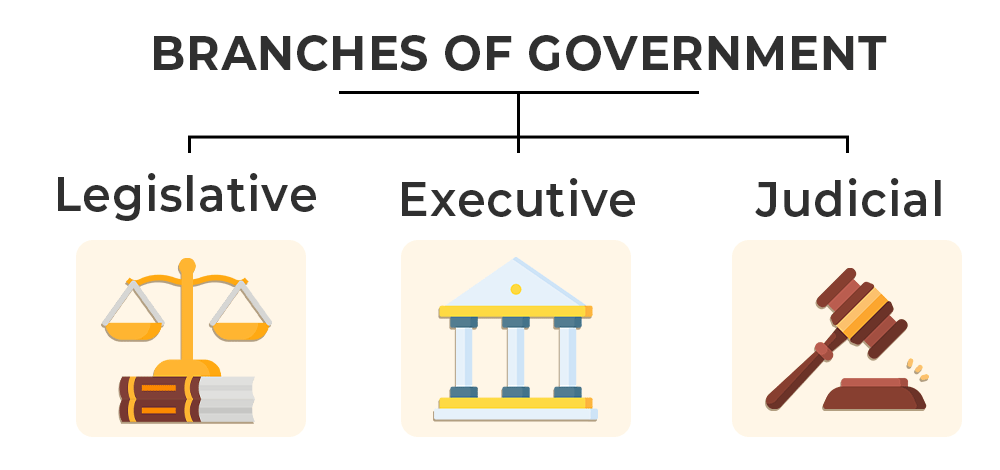Mehboob Ahmed
The recent imposition of US sanctions on Pakistan is based on concerns about the proliferation of ballistic missile technology, which has the potential to undermine regional security and fuel the spread of armaments. The US government’s efforts to counter the spread of ballistic missile technology through targeted sanctions may not be effective, given that Pakistan and Iran also have ballistic missile programs, and many other nations across the globe have similar capabilities. This raises questions about the efficacy of unilateral measures in achieving desired outcomes.
Moreover, the imposition of sanctions on Pakistan not only jeopardizes the country’s diplomatic ties with the US, a crucial player in regional stability efforts, but also risks pushing Pakistan into closer alignment with Iran, thereby further complicating the situation. The strategic rationale behind these sanctions mirrors broader geopolitical tensions in the region and the complex network of relationships between nations. Despite attempts to discourage proliferation, the interconnectivity of global arms trade and technological diffusion presents substantial obstacles to unilateral measures.
Pakistan’s pursuit of an autonomous foreign policy empowers it to assert its sovereignty and pursue policies that serve its national interests while fostering peace and stability in the region. By broadening its diplomatic engagements and maintaining positive relationships with various countries, including Iran, Pakistan contributes to a more equitable and comprehensive international order.
The US’s imposition of sanctions on Pakistan, especially in the context of the proliferation of ballistic missiles amid relations with Iran, could be seen as a sign of flimsy geopolitical manoeuvring. Such actions run the risk of alienating important allies and needlessly raising tensions rather than encouraging communication and cooperation.
The costs associated with imposing sanctions are not just significant, they are potentially devastating. Economic impact, diplomatic strain, escalation risks, and opportunity costs are just the tip of the iceberg. Sanctions can adversely affect trade relations, foreign investment, access to vital resources and markets, leading to a slowdown in the economy, slower GDP growth, greater inflation, and higher unemployment rates in the targeted nation, as well as possibly in nations enforcing the sanctions. Sanctions may also cause tension in ties with other countries that may disagree with the sanctions, as well as between the government imposing the sanctions and the country being targeted. Furthermore, sanctions have the potential to intensify tensions and incite retaliatory actions from the targeted nation, which might start a chain reaction of hostilities and further destabilize the area, painting a grim picture of the potential fallout.
Finally, while sanctions can be a useful instrument for expressing disapproval or applying pressure to specific entities, they also carry a high cost and danger that governments should carefully weigh before enacting. To effectively address underlying issues and minimize negative outcomes for all parties concerned, it is imperative that alternate techniques to diplomatic engagement and conflict resolution be investigated. A more nuanced and collaborative approach to diplomacy, one that emphasizes communication, respect for one another, and diplomatic activity, could not only better serve the interests of global peace and security but also inspire and motivate us to seek peaceful solutions.

















